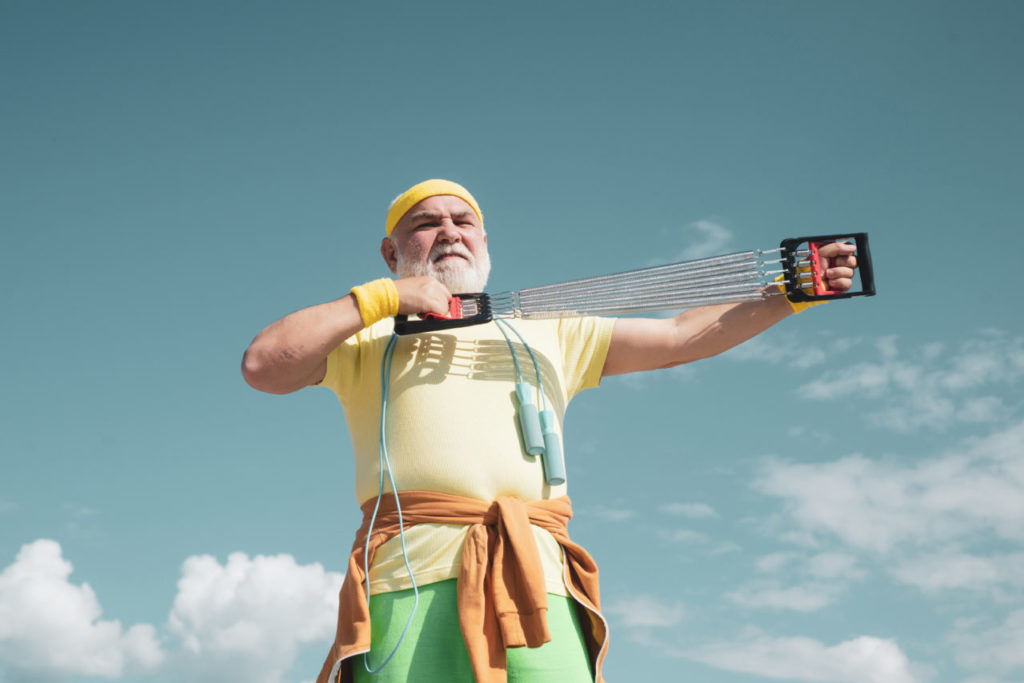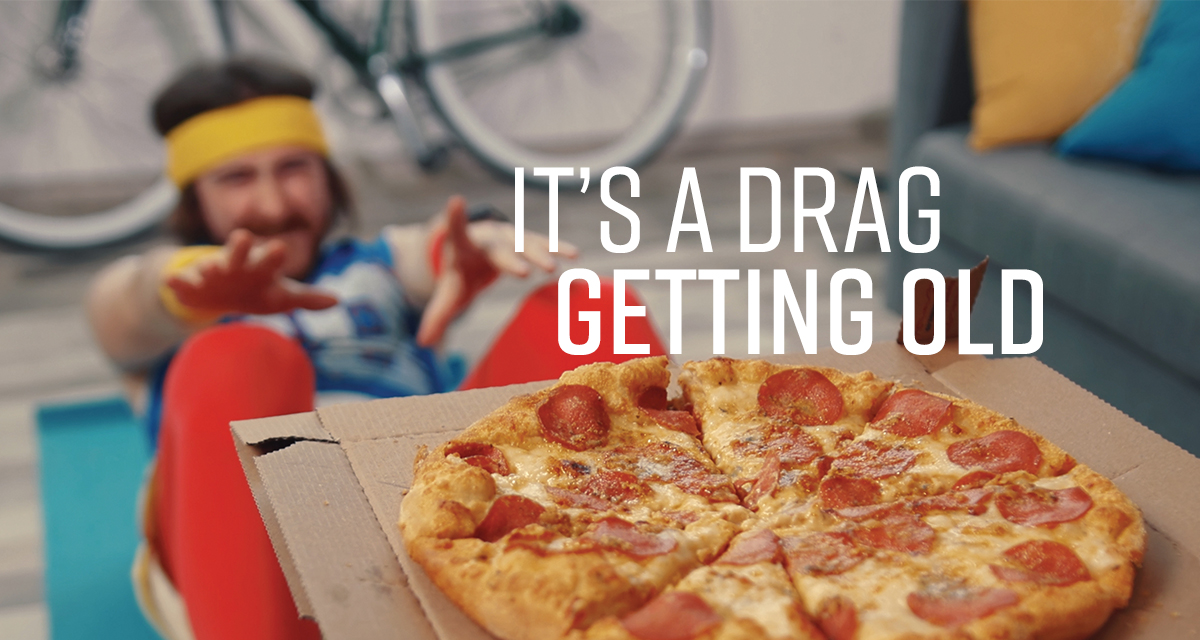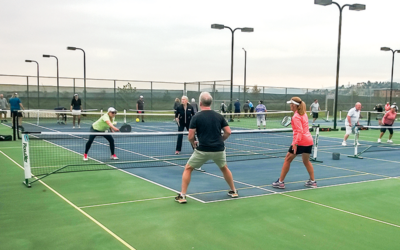– Small changes can make a big difference in how you feel your age –
By Dan England
Before we start hitting you with all the things that can go wrong once you get into your 40s and beyond, you probably need a pep talk.
Yes, even those in their 30s need to hear this, so put down that double-decker taco with queso and listen.
It’s never too late to make changes, says Dr. Ben Kober, a family physician at the Banner Health Center in Fort Collins, even if you’ve ignored your health once you stopped playing soccer in high school. The smallest changes can help.
“Changing your diet a bit, or stopping smoking or exercising a little a day can really help,” says Kober, a newer physician at Banner who is accepting patients. “You won’t make huge changes. That’s not how you build good habits. The biggest hurdle is just getting started.”
Change is inevitable, says Dr. Dana Christiansen, an internal medicine physician for UCHealth, and this is why you may need the pep talk if you’re old enough to remember when Mötley Crüe wasn’t classic rock: You probably weigh more than you did when you were 20, and maybe something hurts all the time, and maybe you can’t play soccer for a full game anymore. It’s a part of getting old, and honestly, getting old sucks.
Christiansen even prefers to call it “maturing.” The good news is your own changes, however small, can rectify those other unwelcome changes.
“Diet and exercise is so important with all the changes,” she says. “Your skin is thinning, your joint cartilage is wearing away, and your hair is thinning. Diet and exercise can really help slow those things down.”
Christiansen and Kober don’t have a general plan for diet changes, as everyone is different, with their own weaknesses, such as alcohol, carbs, sweets, fat or portion sizes. Exercise, however, usually works for most, especially at least 150 minutes a week of cardio, low weights and core work such as yoga.
It’s easy to get discouraged, Christiansen says, and she sees it in her patients, especially those turning 50. Age 50, she says, seems to be a tough age for everyone. Health is much more of a daily battle.
“We tend to want quick fixes,” she says. “This isn’t a quick fix. But these are the key things that can really change the direction of your health.”

Common health problems and the tests that can detect them
Are you inspired yet? Good, because there are things that you may run into as you approach 50 even if you aren’t living the rock and roll lifestyle. Common health problems for both men and women include osteoporosis, a greater risk of cancers, diabetes, weight gain, arthritis, skin ailments, back problems and eyesight issues.
Even things that generally happen later in life, such as heart disease, can start to be a problem with people in their 50s. High blood pressure and high cholesterol, for example, can create real problems in just a few years.
“You may not have a heart attack then,” Kober says, “but you’re really starting to build problems in your pipes if you haven’t been on top of it. This is when things like that can have a real issue on your health. Our bodies are typically forgiving when we’re younger.”
This is why you need to get the scans and tests doctors preach, such as mammograms every year for females and the dreaded colonoscopy for both. There is another option for a colon screen called a Cologuard that tests your stool, but Kober still recommends the scope because it’s more fun (editor’s note: It’s not more fun). He also recommends getting the vaccine for shingles as well as COVID-19.
Sometimes getting older can be embarrassing beyond gray hair or wrinkles. Women deal with menopause and its side effects, including hot flashes, and men may deal with erectile dysfunction and prostate problems. Both may deal with related overactive bladders, incontinence or leaking.
“A lot of patients feel embarrassed to talk about those things,” Kober says, “but we can make their lives a lot better with some meds or physical therapy on these issues.”
All these changes can not only be discouraging, they can impact your mental health beyond feeling sad because you can’t play soccer for hours anymore. Kober says getting outside every day can make a big difference.
Exercise, diet and quitting nasty habits, such as drinking too much or smoking, can take care of a lot of problems. Christiansen says some of her patients have already given up at age 50, saying their genes just dealt them a rotten hand, but she tries to help them change that thinking.
“Yes, it takes more work,” she says, “but you can do it.”
Try walking around the neighborhood, Kober says, in addition to other small changes. Inside of a month, you may feel better, sleep better or have more energy to go farther, he says.
“It won’t improve you substantially,” he says, “but we’re talking about not making it worse.”
_______________________________________________________________
Dan England is a mountain climber, ultrarunner, freelance writer and coach who lives in Greeley with his three kids, a son and twin girls, his singing wife Valerie, and his herding dog Pepper.






